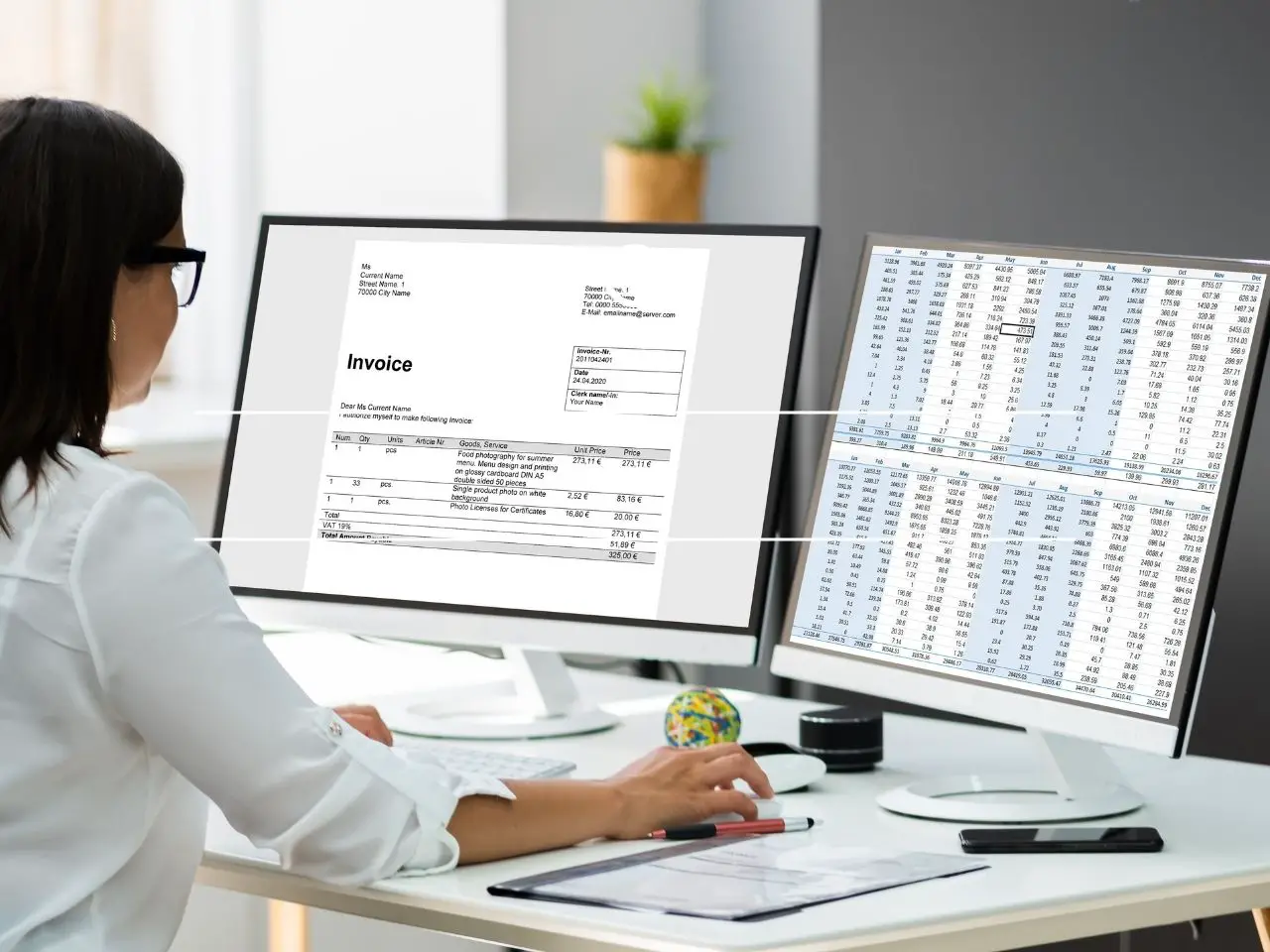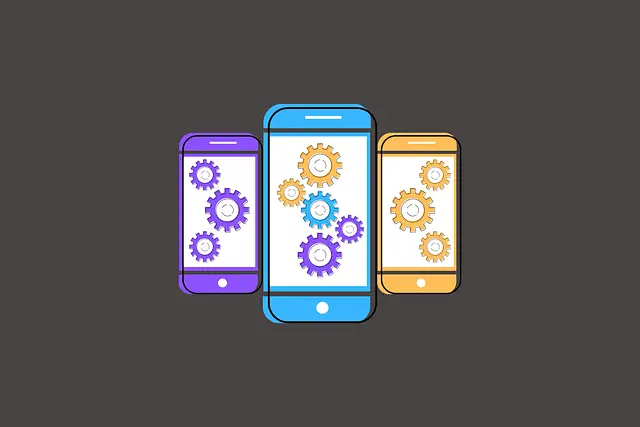Benefits and disadvantages of PMS (Property Management Software), property management software.
A property management system (PMS) is a software application that helps hoteliers manage their day-to-day operations, such as reservations, check-in/check-out, billing, cleaning and distribution. A PMS can also improve the guest experience by providing personalized services, loyalty programs, and feedback mechanisms.

What is property management software?
Property management software is a type of software that helps property managers automate and streamline various tasks related to property management. These tasks can include accounting, maintenance, communication, leasing, reporting, and more. Property management software can be used for different types of properties, such as residential, commercial, vacation, or HOA.
What can we do?
Property management software can benefit property managers by saving them time, money and hassle. By using property management software, property managers can:
Collect rent online and track payments.
Communicate with tenants and providers via email, text message, or chat.
Manage maintenance requests and track work orders.
Store and access leases and other documents
Generate and analyze financial reports and performance metrics.
Integrate with other software tools, such as QuickBooks or VR platforms
What are the best PMS?
Some of the best property management software tools in 2023 are:
DoorLoop: A cloud-based property management software that offers a complete set of features for residential and commercial properties. DoorLoop has a user-friendly interface, a free plan for up to 50 units, and a 14-day free trial for unlimited units.
SoftwarePundit: A software review platform that helps property managers find the best property management software for their needs. SoftwarePundit provides detailed analysis, ratings, comparisons, and recommendations for various property management software tools.
Propertyware: A web-based property management software that specializes in single-family properties. Propertyware has features like online marketing, tenant selection, e-signatures, landlord portals, and mobile apps.
AppFolio: A cloud-based property management software that caters to different market segments, such as residential, commercial, student housing, or community associations. AppFolio has features such as online apps, renters insurance, AI lease assistant, bulk text messaging, and smart invoice entry.
Buildium: A cloud-based property management software that focuses on residential properties. Buildium has features like online payments, tenant portals, maintenance coordination, inspection checklists, and automated workflows.
Advantages and benefits
Some of the advantages of using a PMS are:
- Increased efficiency and productivity: A PMS automates and streamlines many tasks that would otherwise require manual labor and paper records, such as updating room availability, generating invoices, and sending confirmations. A PMS also reduces human error and improves data accuracy and security.
- Increased guest satisfaction and retention: A PMS allows hoteliers to offer a comfortable and seamless service to their guests, from booking to departure. A PMS can also collect and analyze guest data, such as preferences, behavior, and feedback, to create personalized offers and recommendations that increase guest loyalty and repeat bookings.
- Improved revenue and profitability: A PMS can help hoteliers optimize their pricing and inventory strategies, as well as leverage multiple distribution channels, to maximize occupancy and revenue per available room (RevPAR). A PMS can also be integrated with other systems, such as revenue management, marketing and accounting, to provide a holistic view of hotel performance and identify areas for improvement.
A PMS is a valuable tool for any hotelier who wants to run a successful and competitive business in the hospitality industry. A PMS can help hoteliers save time and money, provide exceptional service to their guests, and increase their revenue and profits.
How to Choose or Choose: Benefits and Disadvantages of PMS
Choosing property management software can be a daunting task for any property manager. There are many factors to consider, such as features, cost, compatibility, security, support, and ease of use of the software. Here are some tips on how to choose a PMS that suits your needs and preferences.
- First, you need to identify your goals and requirements. What are the main tasks and functions you want the software to perform? How many properties and tenants do you manage? What are the specific challenges and pain points you face in your day-to-day operations? How do you measure your performance and success? By answering these questions, you can narrow down your options and focus on software that meets your criteria.
- Secondly, you need to compare the features and benefits of different programs. You can use online reviews, testimonials, demos, free trials, and comparison tools to evaluate the pros and cons of each software. Some of the common features you can look for are accounting, reporting, maintenance, communication, marketing, leasing, tenant selection, rent collection, and online payments. You should also consider scalability, customization, and integration of the software with other systems and platforms you use.
- Third, you need to consider the cost and value of the software. You should compare pricing plans and packages of different software and see what’s included and what’s not. You should also be aware of hidden costs such as installation fees, training, upgrades, maintenance, and support. You should look for software that offers a reasonable price for the features and services you need. You should also calculate the return on investment (ROI) of the software and see how it can help you save time, money, and resources in the long run.
- Fourth, you need to check the security and reliability of the software. You should look for software that uses encryption, backup, firewall, and antivirus technologies to protect your data and prevent unauthorized access. You should also look for software that has high uptime and throughput and that can handle large volumes of data and transactions without crashing or slowing down. You should also look for software that offers regular updates and patches to fix any bugs or problems.
- Fifth, you need to evaluate the software vendor’s support and service. You should look for software that offers 24/7 customer support via phone, email, or chat. You should also look for software that provides training, documentation, tutorials, and FAQs to help you learn how to use the software effectively. You should also look for software that has a responsive and friendly customer service team that can answer your questions and resolve your issues quickly.
By following these tips, you can choose property management software that can streamline your workflow, improve your efficiency, improve your customer satisfaction, and grow your business.
Read also: Opera hotel software; program, hotels; system, hotel management; Classification of hotels by stars and diamonds; AAA Diamond Hospitality; Hotel star rating; Transversal management: what is it? What does it consist of?: pcweb in youtube
Recommended external resource: Headchannel
- What does analytics do? Is easy to learn? - September 1, 2025
- Lycopodium Effets secondaires, contre-indications (2) - September 1, 2025
- Ética en publicidad, que es; ejemplos; código, principios - August 29, 2025
